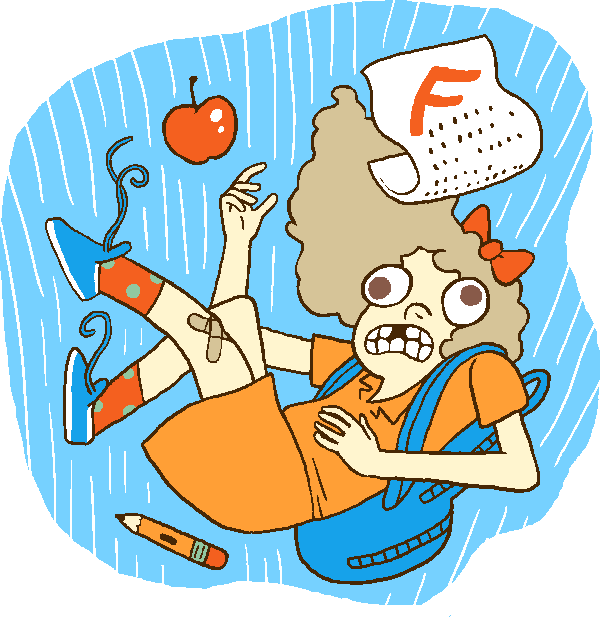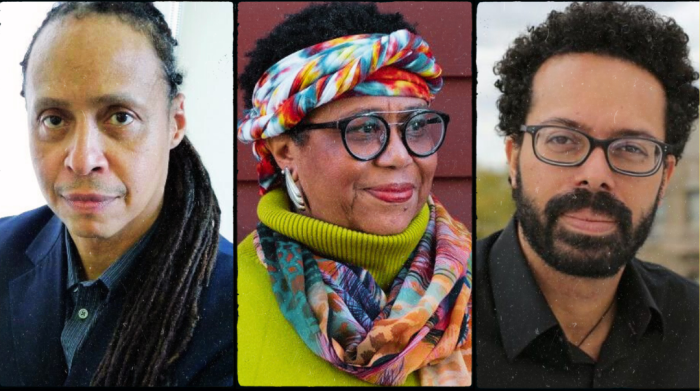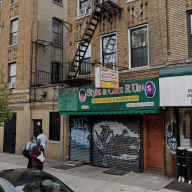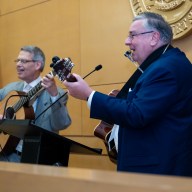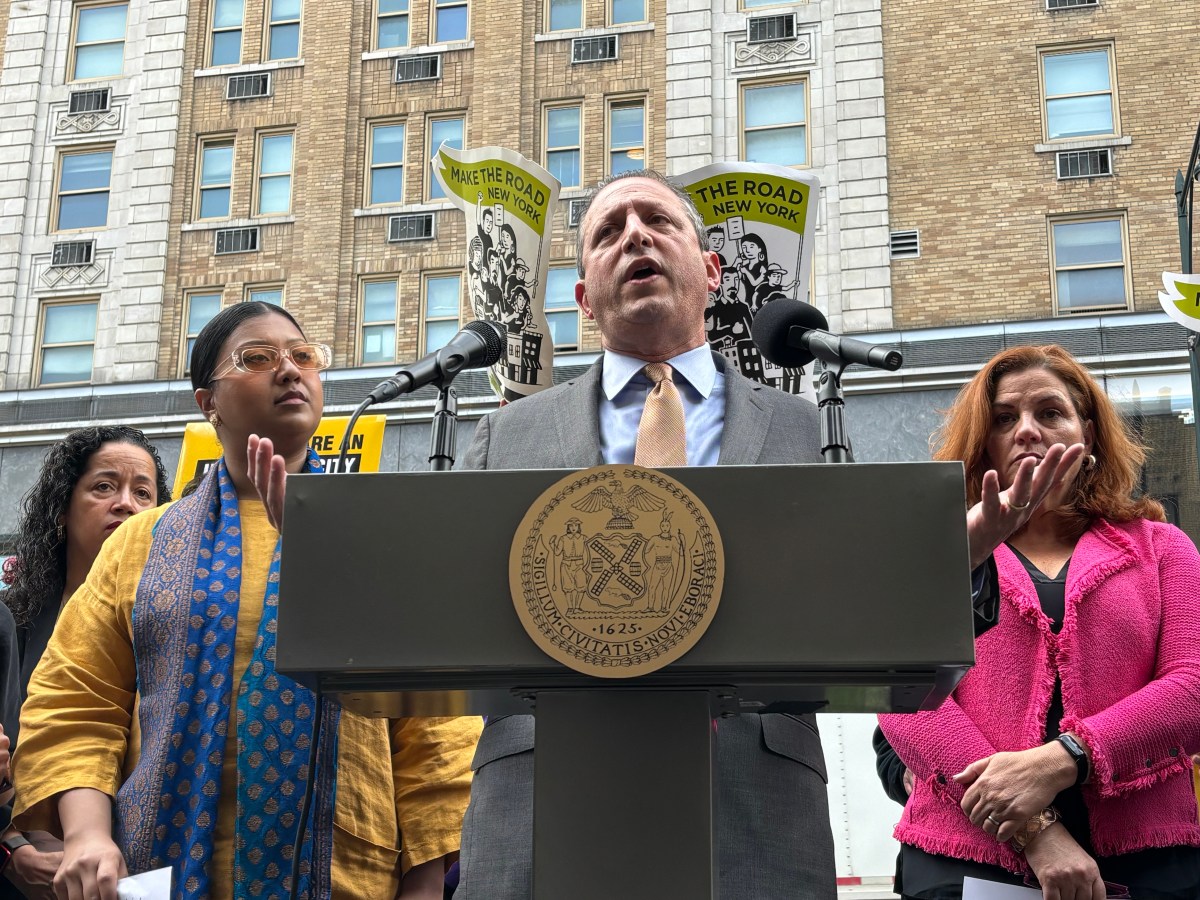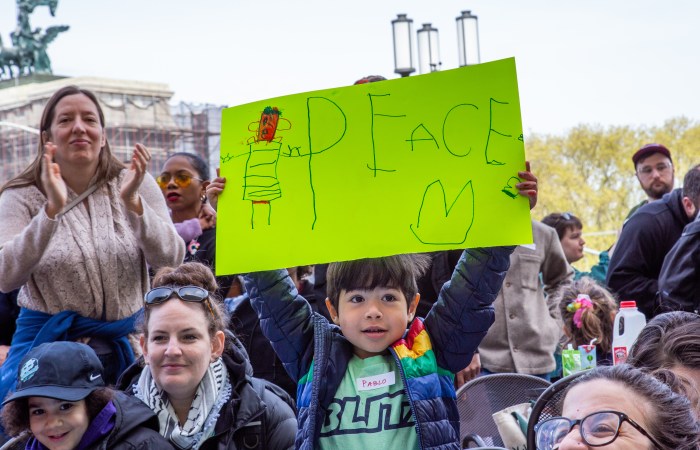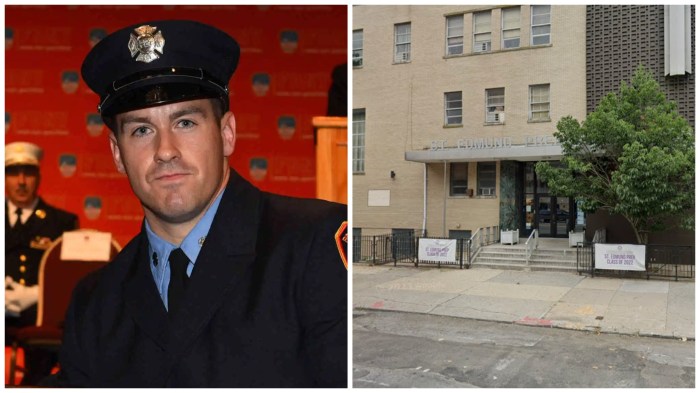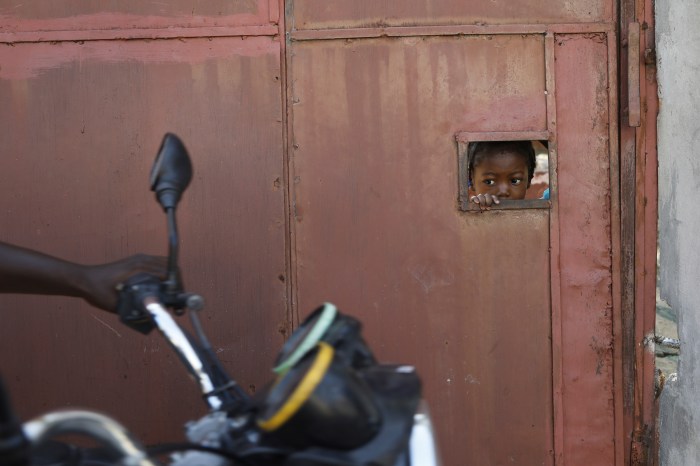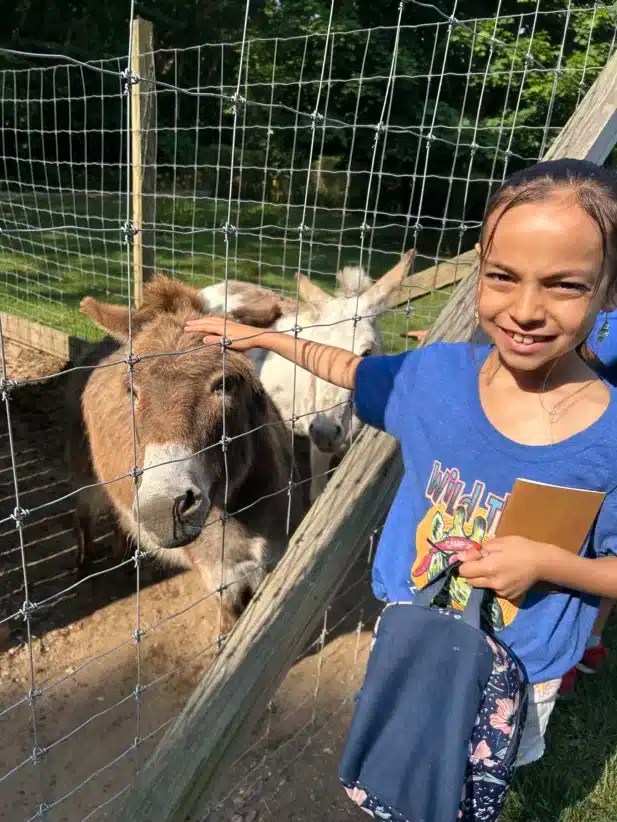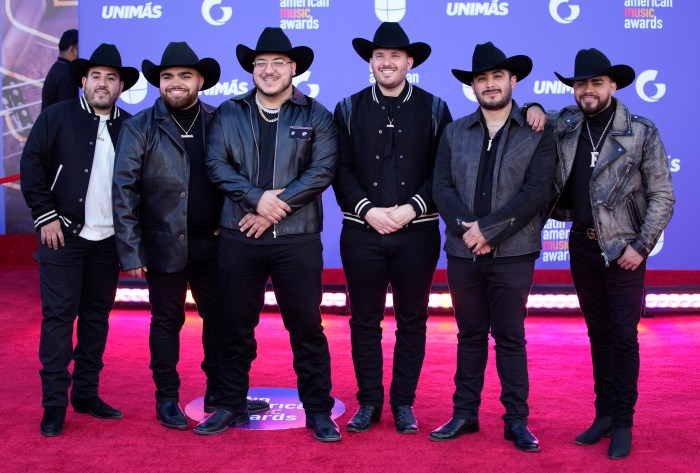By world standards, and certainly by my own, we are rich. We have a lovely place to live that we can heat in the winter and cool (slightly, at least in sleeping rooms) on sweltering summer nights. We can afford things we want to buy and to travel often, far more than I was able to as a kid, to amazing places near and far. And, most important, we never want for food.
How come it is then that my children talk often of what they would do “if we were rich…”?
One day when we were making cookies after school with friends, Eli opined how amazing it would be “if we were rich and could make a HUGE ball of cookie dough.”
My first instinct was to tell him that we could, as it is, afford to make a huge ball of cookie dough. Unlike 40 percent of New Yorkers who find it difficult to find food — a staggering 1.4 million of our neighbors — we do not even have the faintest idea what it is to go hungry.
I did not, however, stand on a soap-box or the nearest stool as I was tempted to do and lecture to the four children present for hours on how lucky we are, that, while there are people far richer, we are, in effect, richer than many, even most. In that moment, remembering the laments of Oscar that I often embarrass him in front of his friends or align with his friends to shame him into proper behavior, I kept painfully silent. I figured shouting, “WE ARE RICH!” — as I did one day while visiting the Hamptons (a story for another time) — might sound like bragging instead of good parenting.
It is often hard to talk to our kids about rich and poor, especially when we are so often confused ourselves in a city as expensive as this. But, despite the taboo of talking dollars, it makes sense to ensure that our kids are aware of their place so that they can appreciate what they have and understand the plight of others.
People in this city, people right among us, living in outwardly fine circumstances, are often forced to think long and hard about where to find food as they face lowered or even non-existent incomes and still have to pay insane rents or mortgages, have to pay for medicine. There is a campaign that the Food Bank for New York has on billboards and on TV right now showing this new face of hunger, the middle class face.
“Don’t make me beg,” the tagline says.
It made me think who among my kids’ own friends might be unable to afford all the food they want. Without naming names, without making them feel guilty, this is something I try to address in moments we are alone, to teach them as I do the importance of being discreet. After all, it can be embarrassing to be needy.
I know that my kids understand the notion of haves and have-nots even without explicit examples. On many occasions, quoting me back to me, they will speak of how lucky they are to have what they have, to live where they live, to have been the places they’ve been. Weeks after I had made a flip comment about a friend in flux being “homeless,” Oscar pointed at a new apartment building in the neighborhood (ironically, the most expensive one ever in Park Slope) and suggested the friend could live there. I felt bad.
“Have you been worried about him?” I asked. He nodded sadly.
It is with this understanding, then, that I try not to get angry when my kids talk openly and easily about “hobos.” I thought the term had long since died. I dressed as a “hobo” one Halloween in the 1970s, a dramatic made-for-TV version with my belongings in a bandana tied to a stick, a rugged flannel and coal smeared around on my face like soot. In those pre-politically-correct days, my parents didn’t think twice. I would definitely protest the costume now, and I ask that the kids think long and hard about what it would be like to be in that position, whatever word we use to describe it.
When we talk about appreciating all we have, the kids often ask how much it is we do have, how much the Big G and I make. We are loathe to tell them for fear they will spread the word. It seems easier sometimes to talk about sex and drugs than money, certainly, and while we want them to appreciate, we don’t want them to brag. It is a slippery slope.
But it is important, without using numbers, to say that we have a lot, that we certainly have more than enough, and that we shouldn’t (any of us) spend our time thinking only of who has more, what we would do if we were richer.


